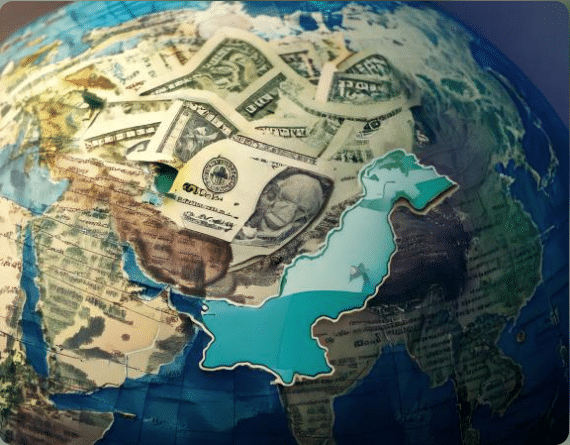Policy Reform: The Way for Economic Growth in Pakistan
Policy reform plays a critical role in shaping a nation’s economic trajectory, especially in countries like Pakistan, where structural changes can unlock immense potential. Amid a rapidly evolving global economy, Pakistan faces unique challenges and opportunities that call for well-crafted, inclusive, and sustainable policy frameworks. From addressing inflation to fostering digital transformation and improving governance, effective policy reform can pave the way for long-term growth and stability.
The Need for Comprehensive Economic Policies
Pakistan’s economy has long grappled with challenges such as inflation, unemployment, and a narrow tax base. High inflation has significantly altered consumer spending habits, shifting focus towards essential goods and reducing discretionary spending. Policymakers need to design strategies that stabilize prices, encourage investment, and improve purchasing power.
Tax reforms, in particular, are crucial. A broadened tax base and better enforcement can enhance revenue without disproportionately burdening the lower-income population. Simplifying tax procedures and incentivizing compliance can help foster a culture of accountability while increasing government resources for development initiatives.
Digital Transformation: A Policy Imperative
The rise of digital services and e-commerce in Pakistan presents a golden opportunity for economic growth. Policies promoting digital infrastructure, reducing internet costs, and encouraging innovation can accelerate this transformation. Providing incentives for startups, ensuring data privacy, and supporting skill development in technology can unlock the full potential of Pakistan’s young and tech-savvy population.
For instance, expanding access to fintech solutions can bring more people into the formal economy, enabling financial inclusion and empowering small businesses. Policies supporting digital payments and e-commerce platforms can create jobs, attract foreign investment, and boost the GDP.

Enhancing Corporate Governance
Corporate governance is integral to attracting both local and international investors. Transparency, ethical practices, and accountability are not only vital for building trust but also for ensuring the long-term sustainability of businesses. Policies that enforce stricter compliance, protect minority shareholder rights, and encourage corporate social responsibility (CSR) can strengthen Pakistan’s business environment.
Encouraging companies to adopt sustainable practices can also align with global trends, attracting environmentally conscious investors. Clear policies on environmental protection, fair labor practices, and anti-corruption measures can further enhance Pakistan’s standing as a responsible investment destination.
Policy Advocacy for Emerging Sectors
Emerging sectors such as renewable energy, technology, and healthcare offer significant growth potential in Pakistan. Policymakers should focus on creating a conducive environment for these industries to flourish. Incentives such as tax breaks, streamlined licensing procedures, and access to financing can drive innovation and development in these areas.
The renewable energy sector, for instance, can address Pakistan’s energy shortages while reducing dependency on imported fuels. Similarly, investments in technology and healthcare can improve quality of life, create jobs, and position Pakistan as a regional leader in these fields.
Fostering Sustainable Development
Sustainability should be a cornerstone of policy reform in Pakistan. From managing urbanization and protecting natural resources to promoting renewable energy and reducing emissions, integrating sustainable practices into policies ensures long-term benefits.
For example, policies encouraging energy efficiency, waste management, and sustainable agriculture can enhance productivity while minimizing environmental impact. Sustainability is no longer a global trend but a necessity for ensuring resilience against climate change and resource depletion.
Education and Skill Development Policies
A robust education system and targeted skill development programs are crucial for Pakistan’s growth. Policies should focus on improving access to quality education, particularly in rural areas, and aligning curricula with market needs. Bridging the skill gap can make Pakistan’s workforce more competitive, particularly in technology and manufacturing sectors.
Vocational training programs, partnerships with private enterprises, and technology-focused educational reforms can empower youth and create a pipeline of skilled professionals to support Pakistan’s growing industries.
FOR MORE: www.omeraftab.com/blogs